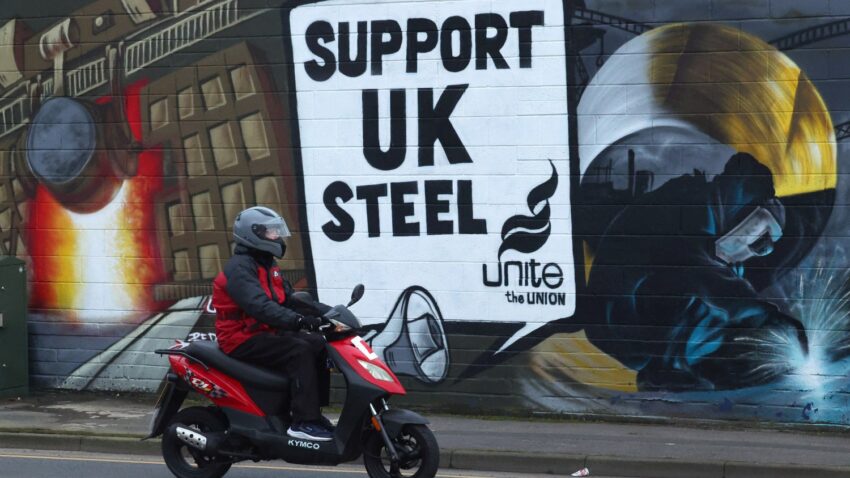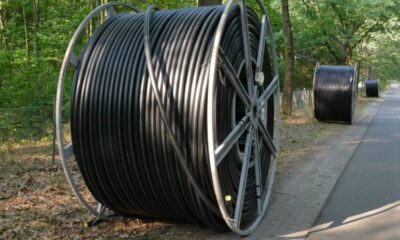Business
British Steel is nearing a £600 million rescue package as Labor signals its intention to break the impasse

The UK government is close to agreeing a £600m bailout package for British Steel, with the money earmarked to secure the future of the Scunthorpe plant.
The move comes as Labor shows a new determination to resolve long-standing issues with British Steel’s Chinese owner Jingye, which have left the factory’s future uncertain for more than four years.
British Steel, one of only two UK producers of strategically important virgin steel, alongside Tata Steel in Port Talbot in Wales, is facing significant financial challenges. Jingye, which British Steel took over in March 2020 after it went bankrupt, operates two blast furnaces at the Lincolnshire site, employing around 4,000 workers.
The proposed rescue package is part of a wider strategy to transition British Steel’s operations from traditional blast furnaces to cleaner electric arc furnace (EAF) technology. This shift, which is estimated to cost £1.25 billion, would reduce CO2 emissions by 75%. However, Jingye has made it clear that substantial government funding is needed to make the switch, and £600 million in taxpayer support is now being negotiated.
Despite the potential benefits, unions have expressed concerns about the impact on employment, warning that up to 2,000 jobs could be lost due to lower labor demand from EAF production. In addition, some production from Scunthorpe could be moved to British Steel’s Teesside plant, where a new EAF plant is planned.
The bailout talks have been protracted, partly due to concerns about Jingye’s commitment and financial stability, as evidenced by warning signs from the company’s auditors. However, with Labor now in government, there is renewed momentum in the talks. Options being considered include continued operation of the blast furnaces until the new EAFs are operational and possible investments in carbon capture and storage.
A government spokesperson stressed the importance of a “green steel transition” that protects jobs and secures the future of the UK steel industry. Recently filed accounts show Jingye injected £100 million into British Steel last October, giving the government some reassurance about the company’s financial support.
This potential bailout deal for British Steel is likely to follow a similar bailout for Tata Steel, which has also been negotiating with the government. Tata’s proposed transition to EAF technology at its Port Talbot site in Wales had been agreed with the previous Conservative government, but the deal was not signed before the recent general election.
Labour’s business secretary Jonathan Reynolds has already taken steps to prevent industrial action in Port Talbot, but the party could face further pushback from unions as it navigates its steel sector strategy. The unions are convinced that taxpayer support should be conditional on maintaining blast furnace production, which both British Steel and Tata say is no longer economically viable.
As Labor looks to balance its green promises with the economic realities of the steel industry, the outcome of these negotiations will be crucial in shaping the future of British steel production.













